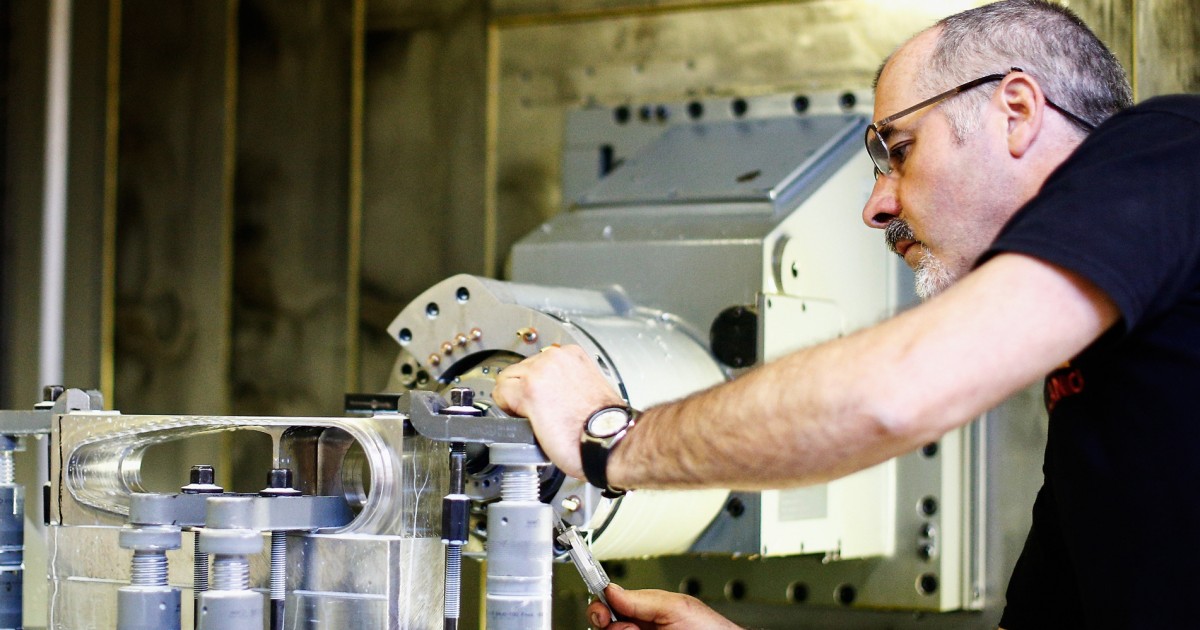
Sensor Drift
Sensor drift is a phenomenon in which the output of a sensor changes over time, even when the input remains constant. In the context of space and astronautical engineering, sensor drift can be caused by a variety of factors such as temperature changes, radiation exposure, and mechanical stress. Sensor drift can lead to inaccurate measurements and can be particularly problematic in long-duration space missions where sensors may be exposed to extreme conditions for extended periods of time. To mitigate the effects of sensor drift, engineers may use calibration techniques or redundant sensor systems to ensure accurate and reliable data collection.
Your Previous Searches
Random Picks
- Lift And Drag: In the context of aerospace engineering, 'Lift and Drag' are two fundamental concepts that describe the forces acting on an aircraft during flight. 'Lift' is the force that directly opposes the weight of an airplane and holds the airplane i ... Read More >>
- Attitude Stability: Attitude stability refers to the ability of a spacecraft to maintain a desired orientation or attitude in space. This is achieved through the use of attitude control systems, which adjust the spacecraft's orientation using thrusters, reacti ... Read More >>
- Huygens Probe: The Huygens Probe was a space probe sent by the European Space Agency to study Saturn's largest moon, Titan. It was part of the larger Cassini-Huygens mission and was designed to enter Titan's atmosphere, land on its surface, and transmit d ... Read More >>
Top News

A day at Uranus just got 28 seconds longer...
A day at Uranus just got a little longer...
News Source: ABC News on 2025-04-07

SpaceX's Fram2 returns from first-of-its-kind mission around Earth's poles...
The Fram2 mission, paid for and led by a cryptocurrency billionaire who is flying with three guests, has returned after a journey on a unprecedented polar orbit....
News Source: CNN on 2025-04-04

Scientists release plans for an even bigger atom smasher to address the mysterie...
GENEVA — Top minds at the world’s largest atom smasher have released a blueprint for a much bigger successor that could vastly improve research into the remaining enigmas of physics....
News Source: NBC News on 2025-04-01

Scientists release plans for even bigger atom smasher along the French-Swiss bor...
Scientists at the world’s largest atom smasher have released a blueprint for a much bigger successor that could help solve enigmas of physics, starting in the mid-2040s at a cost of about $16 billio...
News Source: ABC News on 2025-04-01

The 'Blaze Star' hasn't exploded yet, but it could soon...
T Coronae Borealis has an outburst every 79 to 80 years, according to NASA....
News Source: ABC News on 2025-03-28